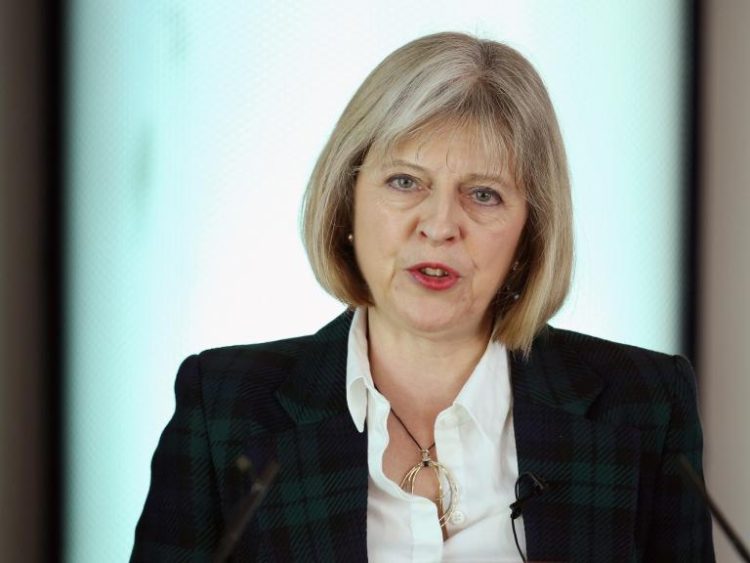By Gavin Mackintosh-
UK prime minister, Theresa May, is to announce a major review of University fees as she admits serious concerns about a system that leaves the poorest students in England with the highest debt.
In a remarkable shift of her former position, the Prime Minister is earmarked to concede failures in the current university tuition fees system which sets students back £9,000 a year.
She will admit the scheme had not resulted in the “competitive” market that had been expected, and say instead “we now have one of the most expensive systems” in the world.
Mrs May is set to warn that the system has failed to deliver sufficient competition on price, with almost all courses being charged at the maximum £9,250 per year. May is to announce that “the level of fees charged do not relate to the cost or quality of the course”. She will add that there are “serious concerns” about the cost among parents and grandparents as well as students. Her speech which will be most welcome, will also argue for an end to “outdated attitudes” that favour university over technical education.
The Government-led review, supported by an independent chair and panel, will look at all aspects of student funding, including the maintenance support available to help with the cost of living.
She is set to admit that the goal of making university accessible to teenagers from all backgrounds “is not made easier by a funding system which leaves students from the low income backgrounds.
Her speech will include the rational conclusion that many graduates left questioning the return they get for their investment”.
The review comes in the wake of widespread concern about the debt burden on students and the high interest rates, currently 6.1 per cent, on loans.
Mrs May will acknowledge the concerns of students, parents and grandparents about the levels of debt faced by graduates.
“The competitive market between universities which the system of variable tuition fees envisaged has simply not emerged,” she will say.
“All but a handful of universities charge the maximum possible fees for undergraduate courses.“Three year courses remain the norm. And the level of fees charged do not relate to the cost or quality of the course.“We now have one of the most expensive systems of university tuition in the world.”
Former education secretary Justine Greening has urged the Government to reintroduce maintenance grants for poorer students.
Mrs May said the review will “examine how we can give people from disadvantaged backgrounds an equal chance to succeed” which includes “how disadvantaged students and learners receive maintenance support, both from Government and universities and colleges”.
The issue of university finance has become a key political battleground with the Tories struggling to win over young voters from a Labour party which has promised to scrap fees.
OUTDATED ATTITUDE
The Prime Minister will also use the speech in Derbyshire to encourage a shift in the “outdated attitude” that prizes academic qualifications over technical skills.
She will say her vision is for “equality of access to an academic university education which is not dependent on your background”, but “a much greater focus on the technical alternatives too”.
Mrs May will say the review needs to make sure poorer students can have an “equal chance”.
Mrs May will say she wants “a country where your background does not define your future and class distinctions are a thing of the past”.
Ideas being considered include giving better careers guidance about future earnings potential and the kinds of qualifications that will be needed.
The review, expected to conclude in 2019, will also consider how to support life-long learning to help people retrain.
VARIETY
Education Secretary Damian Hinds will say he wants more variety in the level of fees rather than almost all courses and universities charging the maximum amount.
However, Lord Adonis loathes the idea of different subjects having different costs. Describing it as a “big backward step”, which would reduce numbers applying for science subjects if they became more expensive than arts and humanities, he wants a more balanced way forward
The Prime Minister will also use the speech in Derbyshire to encourage a shift in the “outdated attitude” that prizes academic qualifications over technical skills.
She will say her vision is for “equality of access to an academic university education which is not dependent on your background”, but “a much greater focus on the technical alternatives too”.
Mrs May will say she wants “a country where your background does not define your future and class distinctions are a thing of the past”.
Ideas being considered include giving better careers guidance about future earnings potential and the kinds of qualifications that will be needed.
The review, expected to conclude in 2019, will also consider how to support life-long learning to help people retrain.

